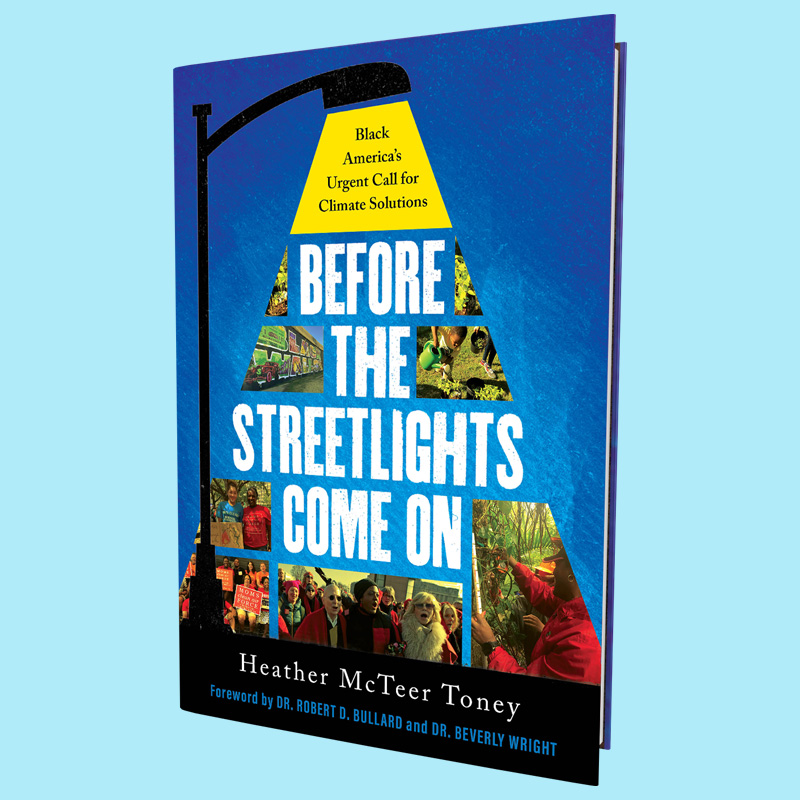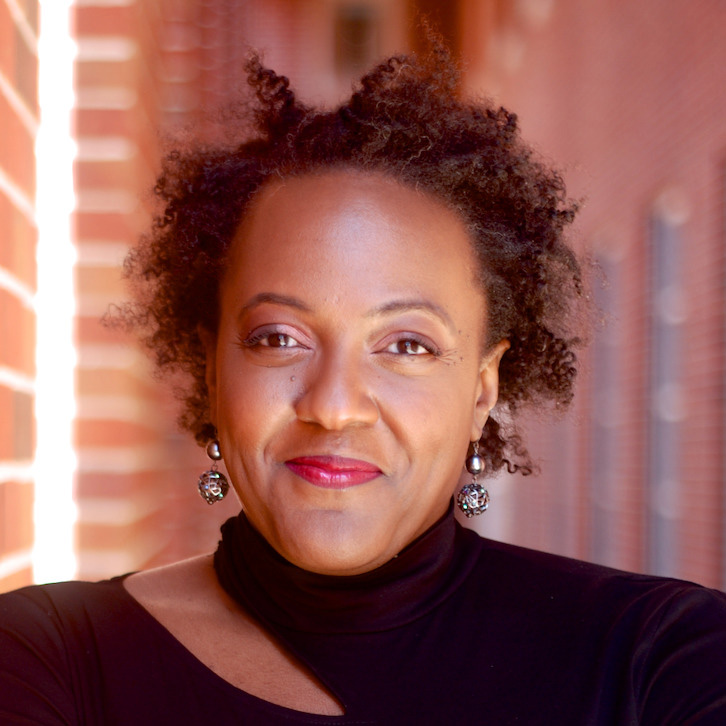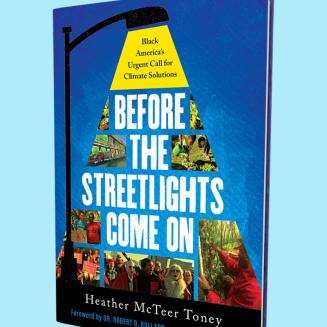This book is an urgent call for climate justice
Climate change is the challenge of our time — a call to action with implications for every community. But the impacts of climate change are not felt equally.
In Before the Streetlights Come On: Black America’s Urgent Call for Climate Solutions — climate activist Heather McTeer Toney explores how Black communities disproportionately impacted by climate change are the leaders we need to meet this moment.
She shares the stories of Black leaders pushing the climate movement forward, driving home the point that the people most affected by climate change are best suited to lead the movement for climate justice.
Putting people at the center of climate solutions
Drawing from her lived experiences and the stories of other Black activists, McTeer Toney discusses how climate change compounds challenges faced by Black people and families — and why climate solutions must center people and communities.

“Climate change hits minority communities and often impoverished communities first and worst because Black and brown cities and neighborhoods are often geographically located in the least desirable places and are the least protected from extreme weather events due to the historic and systemic lack of infrastructure investment,” McTeer Toney writes.
McTeer Toney is executive director of Beyond Petrochemicals: People Over Pollution, a Bloomberg Philanthropies campaign that aims to halt the rapid expansion of petrochemical and plastic pollution in communities across the U.S.
Previously, she established and led Environmental Defense Fund’s Office of Community Collaboration and Engagement to build partnerships with frontline communities, academic institutions and civic organizations.
3 ways climate change builds on injustices
Among many examples from the book:
- Air pollution: People living near industrial facilities face risks to their health every day, especially when extreme weather events damage these facilities. And climate change is expected to intensify extreme weather like hurricanes.
- The cost of food: McTeer Toney writes that, “When extreme weather events increase, the cost of producing food increases and the cost we pay in the grocery store increases. No one feels this burden more than low-income households.”
- Children’s learning: Climate change exacerbates heat, and many schools don’t have air conditioning. “Communities comprised of primarily Black and brown students lag behind when it comes to investing and updating school infrastructure,” McTeer Toney writes. “The lack of investment directly impacts the learning environment for students.”
The good news? You can help fight climate change

Before the Streetlights Come On is a call to action, explaining how environmentalism is deeply rooted in Black history and sharing how Black activists are leading the movement for climate solutions.
McTeer Toney issues this call as a trailblazer in the fight for a better future. At age 27, she was elected the first Black, first female, and youngest mayor of Greenville, Mississippi before serving as regional administrator for the U.S. Environmental Protection Agency’s Southeast Region.
As she has built on that work, she has focused on ways to get more people engaged. She ends most of the book’s chapters with a list of actions that everyday people can take — right now.
“Heather Toney brilliantly describes the real impact and politics of climate change at the community level,” says EDF President Fred Krupp. “If you want to understand the way forward — the way we solve this challenge through the democratic process — you need to read Before the Streetlights Come On.”











